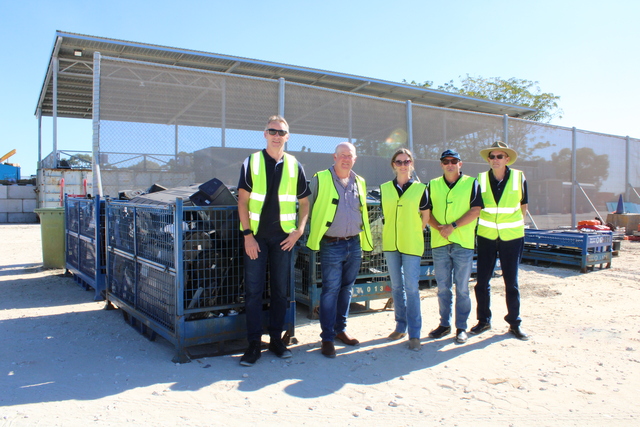The Antarctic Climate and Ecosystems Cooperative Research Centre (ACE CRC) is conducting a national program of
information seminars and training workshops on how to incorporate future sea level rise projections into coastal planning codes.
ACE CRC is delivering a series of multiday training workshops for coastal infrastructure owners, planners, engineers and other interested stakeholders around Australia, cofunded by the Australian Department of Climate Change.
The workshops are part of a package announced by the Federal Government late last year, aimed at assisting vulnerable coastal communities plan for climate change.
In the workshop series, the ACE CRC is rolling out a new approach to estimating the risk posed by sea level rise under a range of possible climate futures during this century. The results are being delivered via a web based interactive tool, helping engineers and planners to assess the risk of future flooding and to set prudent risk guidelines for coastal developments and infrastructure maintenance.
Workshop participants are trained in using the web tool to assist in determining appropriate design specifications based on the location, asset life and level of risk under a range of greenhouse emission scenarios.
ACE CRC is also delivering a series of seminars aimed at providing an overview for policymakers and major coastal infrastructure owners, highlighting the need to address the potential impacts of a rising sea level into their planning and decision making in the short term.
According to Dr John Hunter, ACE CRC sea-level rise scientist, the traditional concept of a ‘one in a 100 years’ flooding event design guideline for building coastal infrastructure is no longer relevant.
“It has assumed the sea level is static but we now know this is not true,” Dr Hunter said. “The sea level is rising due to the effects of global warming, and is rising at an increasing rate.
“Our data from long term sea level records shows that events now occurring every few years could potentially happen annually in one or two decades.
“This means if you design a new building at a height just above today’s sea level, in time this building may increasingly be subject to flooding as sea level rises into the future.
“Incorporating future projections of sea level rise throughout the life of the asset is vital for our coastal planning guidelines.”
For further information on the sea level rise workshops visit www.sealevelrise.info, email info@sealevelrise.info or telephone (03) 6226 7652.
*Copy supplied by ACE CRC







